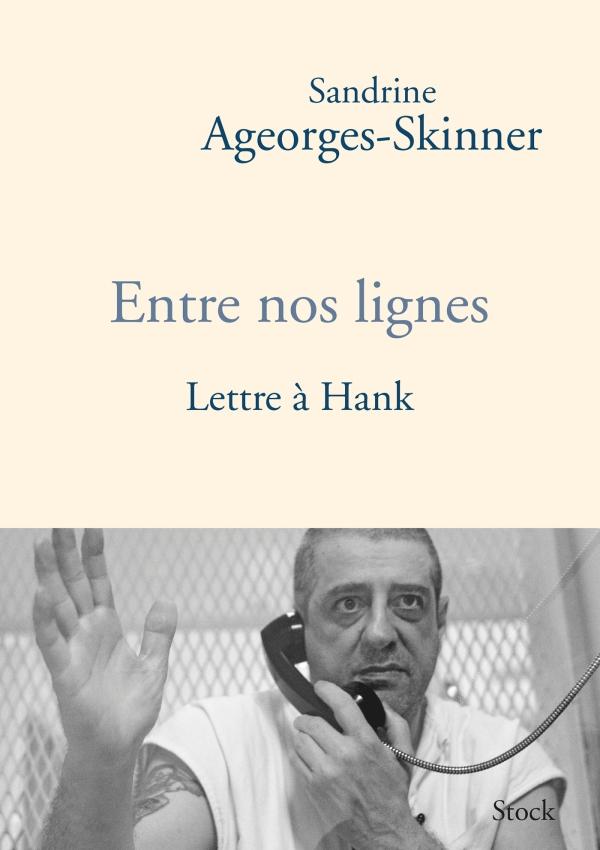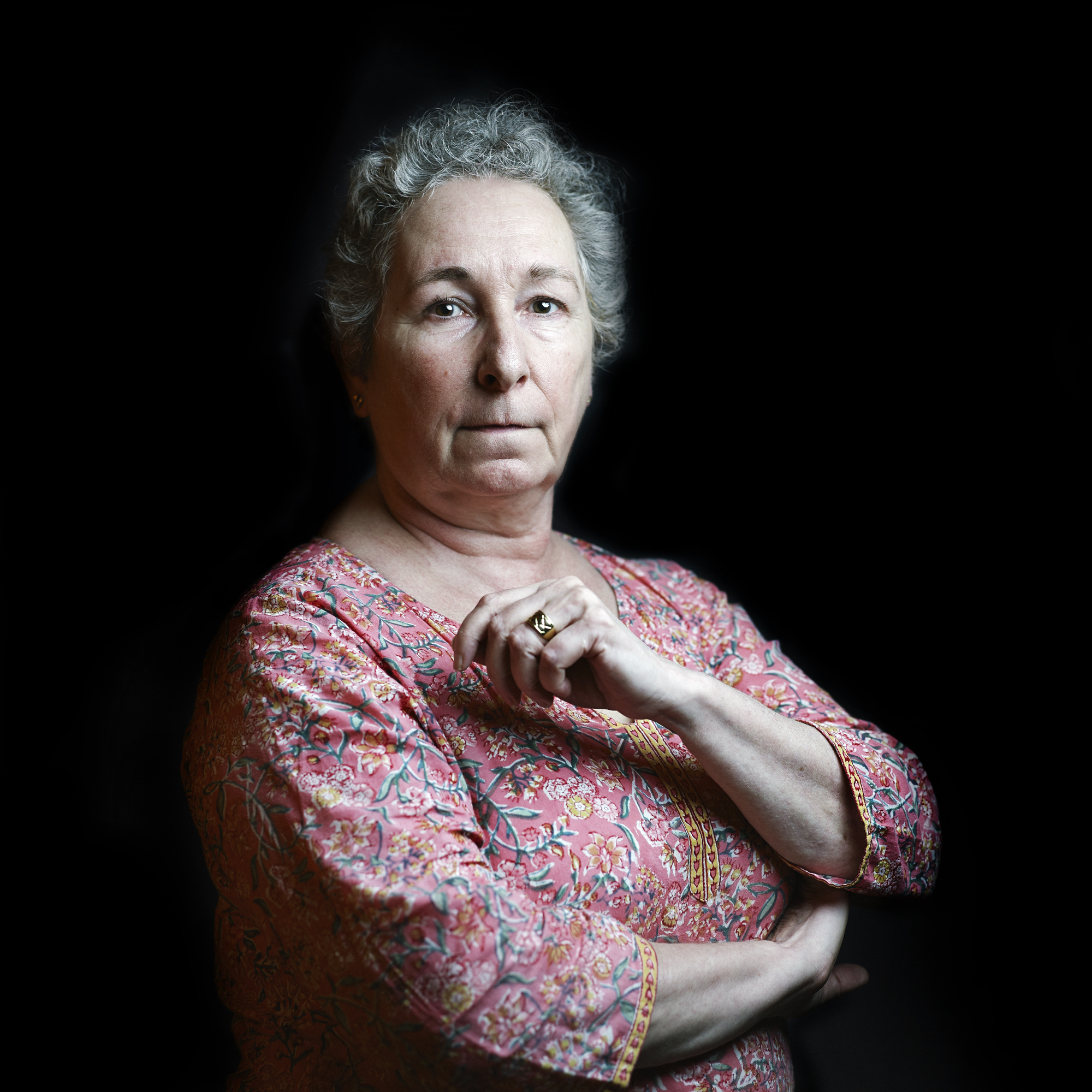05
SANDRINE AGEORGES-SKINNER
ÉTATS-UNIS
Sandrine Ageorges-Skinner
Sandrine Ageorges-Skinner se bat depuis ses quinze ans pour l’abolition de la peine de mort, en France, comme aux États-Unis. La défense de son mari, Hank Skinner, condamné à mort il y a vingt-six au Texas pour un triple meurtre qu’il a toujours nié, est devenue le ciment de son engagement. Avec lui, elle se bat pour améliorer les conditions de détention des condamnés à mort, sujet pour lequel elle a effectué de nombreuses recherches d’ordre juridique et médical, en collaboration avec des experts américains.
Aux États-Unis, la situation de la peine de mort est très inégale d’un État à l’autre : 23 États abolitionnistes, 15 États rétentionnistes, 3 États en situation de moratoire officiel, 9 États en situation de moratoire de facto. Au niveau fédéral, après 17 ans d’interruption, les exécutions ont repris sous le mandat du Président Donald Trump. 13 condamnés à mort ont été exécutés entre novembre 2020 et janvier 2021. L’administration Biden a annoncé le 1er juillet 2021 un moratoire sur les exécutions fédérales. Fin 2020, 2 485 condamnés à mort attendaient leur exécution aux États-Unis. Depuis 1973, parmi les 8 700 personnes condamnées à mort aux États-Unis, 185 ont été innocentées.
La peine de mort est traumatisante et crée de nouvelles victimes. Les condamnations étendent la souffrance et le traumatisme aux familles des condamnés à mort, qui vivent également dans l’attente et la peur de l’exécution à chaque instant. À ce jour, cela fait plus de 26 ans que Hank se trouve dans le couloir de la mort. Le 24 mars 2010, la Cour suprême des États-Unis a accordé un sursis illimité à Hank, 25 minutes avant l’heure programmée de son exécution. Le dossier de Hank, qui a fait l’objet de très nombreuses erreurs judiciaires, est toujours en phase d’appel au Texas, prolongeant l’attente si douloureuse pour lui comme pour Sandrine, et ses avocats. Les familles de condamnés à mort ont pour la plupart des contacts limités avec leur proche. Sandrine a été empêchée pendant 21 mois tout échange de courriers avec son mari. Hank et Sandrine ont été privés de leur droit de visite de juin 2008 à juillet 2012, et même après, Hank était souvent placé à l’isolement total. Au Texas, tous les 90 jours au moins, l’isolement est total, sans aucune sortie pendant 14 à 21 jours, parfois plus. Avec la pandémie de Covid-19, les condamnés à mort y ont connu une année d’isolement quasi permanent et n’ont reçu strictement aucune visite.
- livre

Entre nos lignes
Auteur : Sandrine Ageorges-Skinner
Pays : France
Genre : Essai
Date de parution : novembre 2012
Éditeur : Stock
Dans cette longue Lettre à Hank, Sandrine Ageorges-Skinner s’adresse à son mari Hank Skinner, condamné à mort en 1995 au Texas pour un triple meurtre qu’il a toujours nié avoir commis. Avec toute la force que lui insufflent son amour et son combat pour la vérité, Sandrine revisite pour lui, et avec lui, ce qui les rapproche, ce qui les divise et ce qui les rend inséparables. C’est le vécu d’un amour qui semble avoir toujours été là et ne jamais devoir finir, un amour qui s’est tissé d’une lettre à l’autre et qui n’a cessé de mûrir dans les dédales d’un combat incertain où la vie et la mort se côtoient à chaque instant. Un amour où seuls l’écriture et le regard ont le droit de se croiser. Leurs peaux ne se connaissent pas, ils ne se sont jamais touchés, jamais respirés. Au parloir, leurs yeux se rejoignent à travers une vitre à l’épreuve des balles et la voix est filtrée par un téléphone.
- documentaire

Un moment dans la vie de Hank Skinner
Réalisé par Jordan Feldman
Production : MAHA Production
Durée : 110 mn
Diffusé le 8 novembre 2011 sur Canal +
« En mars 2010, je suis parti avec Sandrine Ageorges-Skinner au Texas pour l’accompagner durant la période cruciale des dernières semaines séparant son mari Hank Skinner de son exécution capitale prévue pour le 24. La Cour Suprême des États-Unis a accordé à Hank un sursis 25 minutes avant l’heure de son exécution. Le 7 novembre 2011, il a échappé à une autre date d’exécution alors prévue initialement pour le 9 novembre. Toujours emprisonné, il attend maintenant que la Cour d’État du Texas se prononce en faveur ou non des tests ADN qu’il n’a cessé de réclamer. »
- podcast
- quiz
- activité


